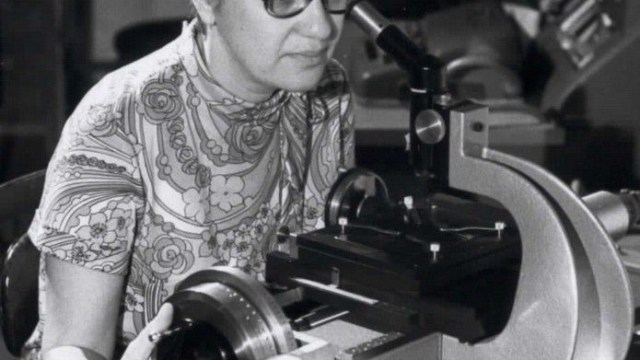Ethiopia plants 350 million trees in one day, breaking record

Amir Aman via Twitter
- Ethiopians planted 353,633,660 seedlings on Monday, likely breaking a world record for the most trees ever planted in a single day.
- Ethiopia has suffered rapid deforestation over the past half-century.
- On a broader scale, reforestation might be one of the most effective ways to curb climate change.
Ethiopia planted more than 353 million indigineous trees in 12 hours as part of a nationwide reforestation campaign named “Green Legacy.” It’s the most trees ever planted by a nation in a single day, breaking India’s previously held record of about 66 million trees in 2017.
The ultimate goal is to encourage Ethiopians to plant 4 billion trees during the 2019 “rainy season” between May and October. Ethiopia has so far planted 2.6 billion trees this year, and Monday’s effort put some 353,633,660 into the ground, the country’s minister for innovation and technology, Getahun Mekuria, tweeted.
Ethiopia – Africa’s second most populous nation – has suffered rapid deforestation since the mid-20th century, due mainly to its booming population. According to the forest management organization Farm Africa, Ethiopia’s forested regions have decreased from about 30 percent at the end of the 19th century to less than 4 percent today. The problem isn’t only environmental, but also economic, considering the agriculture sector accounts for some 85 percent of jobs in the West African nation.
That’s maybe partly why the Ethiopian government chose to directly appeal to its 110 million citizens, asking each to plant 40 seedlings, and closing government offices to allow workers to “go out and make your mark.” In 2017, Ethiopia joined more than 20 other African nations by signing onto the AFR100 (the African Forest Landscape Restoration Initiative), which aims to restore 100 million hectares of land by 2030.
How can forest restoration fight climate change?
Because plants remove carbon from the atmosphere during photosynthesis, reforestation could be a natural and effective way to slow climate change. Of course, making a significant dent in atmospheric carbon levels would require a ton of trees, as a recent study published in Science found.
The researchers found that planting the right trees on 0.9 billion hectares of available land across the globe would remove as much as 205 gigatons of carbon dioxide from the atmosphere. To date, humans have already added an estimated 300 gigatons to the atmosphere.
The researchers found that planting the right trees on .09 billion hectares of available land across the globe would remove 205 gigatons of carbon dioxide from the atmosphere over the next 40 to 100 years. That’s about two thirds of the estimated 300 gigatons humans have already added.
“The point is that [reforestation is] so much more vastly powerful than anyone ever expected,” Thomas Crowther, a professor of environmental systems science at ETH Zurich and a co-author of the paper, told Vox. “By far, it’s the top climate change solution in terms of carbon storage potential.”
Although the global community isn’t close to implementing such a massive, coordinated reforestation campaign, some researchers noted that the recent study was helpful for mapping specific areas where trees could regrow. In any case, reforestation seems to be an effective tool against climate change, but it’s not the quickest.
“…it will take decades for new forests to mature and achieve this potential,” Crowther told The Guardian. “It is vitally important that we protect the forests that exist today, pursue other climate solutions, and continue to phase out fossil fuels from our economies in order to avoid dangerous climate change.”





